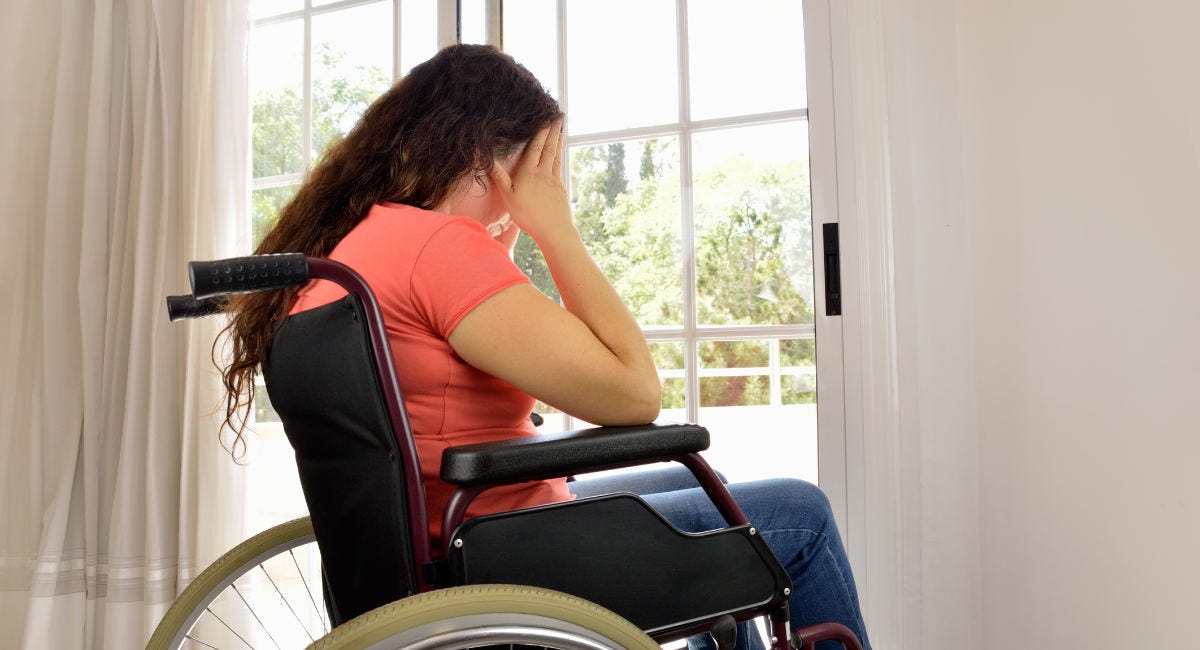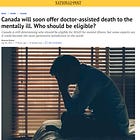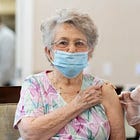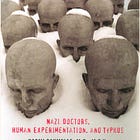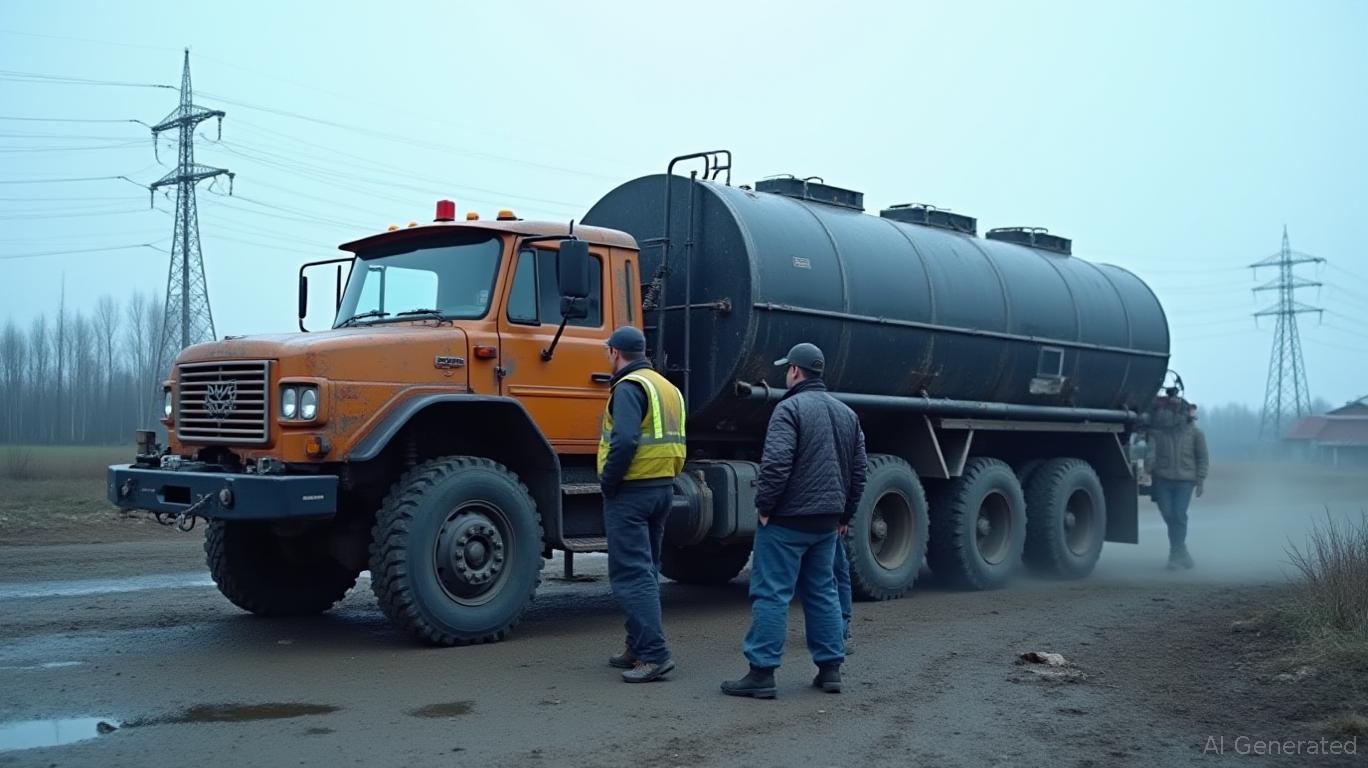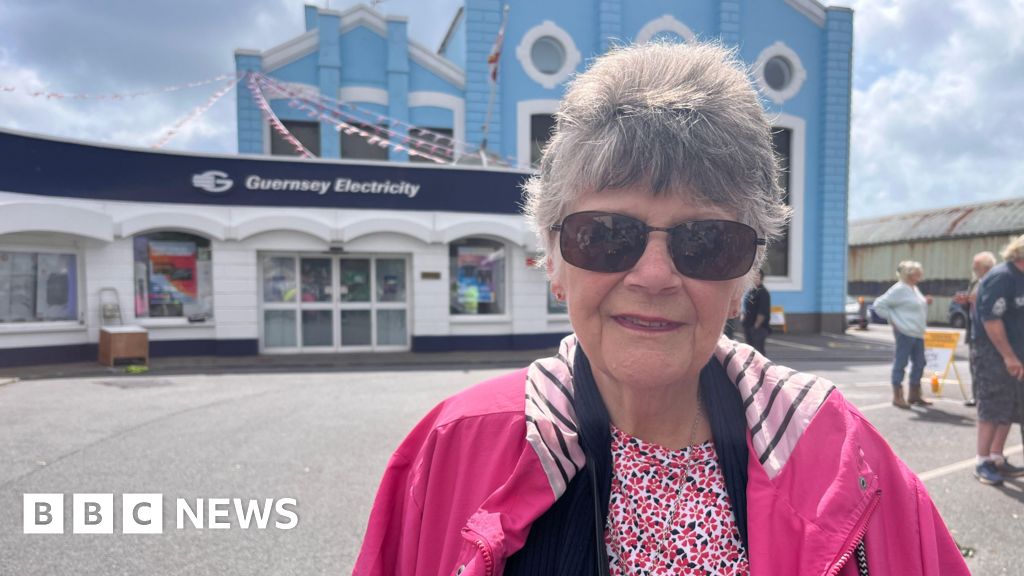One-time or recurring donations can be made through Ko-Fi:
By Cassy Cooke June 6, 2025
Meghan Schrader, a disability rights self-advocate who regularly , said her friend, “Amy” (a pseudonym) — an impoverished survivor of child abuse suffering from PTSD and injuries that cause chronic pain — struggled with suicidal ideations after MAID was legalized in 2021 and had reached out to Schrader. She correctly recognized that MAID would pose a threat to her as a disabled person.
Eventually, Amy was struggling enough to call a suicide crisis hotline for indigent Canadians. Amy wanted to live — but instead of helping her to find support and resources, the operator instead told her:
Horrified, Amy reached out to Schrader and another disability rights advocate, who stepped up to provide her with the support she needed. That made all the difference, as Schrader explained:
Various issues had made it impossible for Amy to approach a faith leader about the situation, so Rachel and I did our best to fill that role. At Amy’s request, the three of us prayed together and talked about God.
With help from about ten different people, including the Euthanasia Prevention Coalition, Amy was eventually able to take a train four hours away from home and show up in the emergency room of a hospital that opposes “MAiD” and specializes in chronic pain and mental illness. Amy finally received excellent care.
Although Amy sometimes still has symptoms of chronic pain and PTSD and life is still often quite a struggle, Amy’s symptoms are manageable and Amy is not planning to die by “MAiD.” It was my honor to attend Amy’s Zoom birthday party recently.
Amy’s story is far from rare; Canada has become notorious for pressuring people to consider ‘medical assistance in dying,’ simply because they are poor, disabled, or struggle with mental illness. Numerous have reached out for help through Veterans Affairs Canada (VAC), only to be told to consider MAID instead.
As by Live Action News, a report from late last year found that “fear, homelessness, and isolation” were reasons for many MAID deaths — not illness. “The report also found that poor and vulnerable populations often face coercion to undergo euthanasia.”
Family medicine physician Dr. Ramona Coelho previously testified about the “dangers of a slippery slope” with MAID in Canada, stating that when it was approved nine years ago:
… Canadians believed it was intended to be a rare, last-resort measure, reserved for consenting adults enduring intolerable suffering at the end of life.
However, lobbying efforts have steadily pushed for broader access and eligibility.
As Schrader summed up, “I can think of few things more abusive, bullying and cruel th[a]n for a suicide prevention hotline operator to tell a caller to go ahead and be killed.” She added, “I don’t want to live in that world, and like others in the disability justice movement I won’t be quiet while the proponents lay the scaffolding for that to happen.”
Many countries, as well as U.S. states, are increasing their efforts to legalize assisted suicide and euthanasia. Learn more here:
French National Assembly approves assisted suicide bill
Canadian radio host suggests assisted suicide as ‘liberation’ for people with mental illness
Source: liveaction.org
Related articles:

